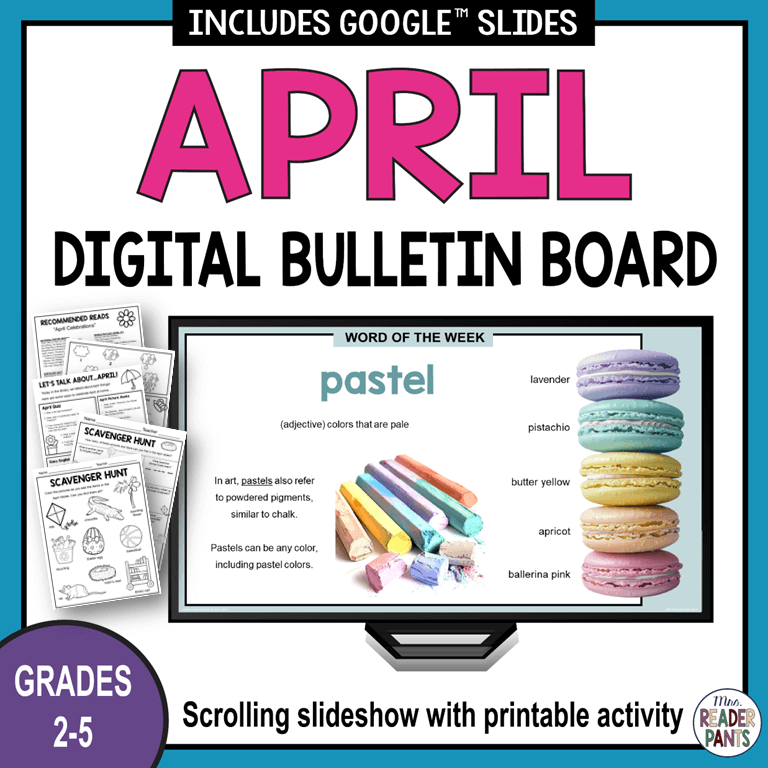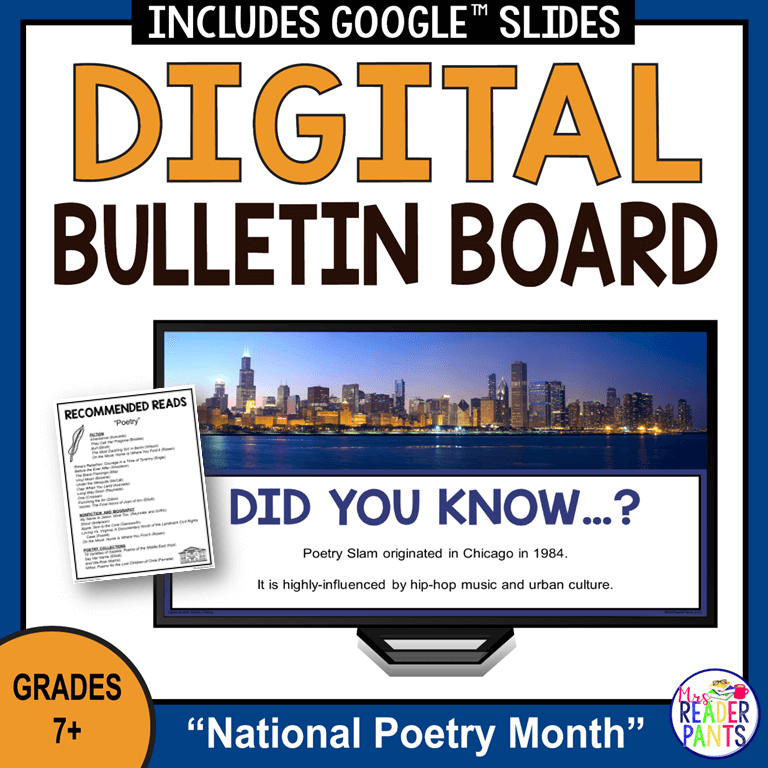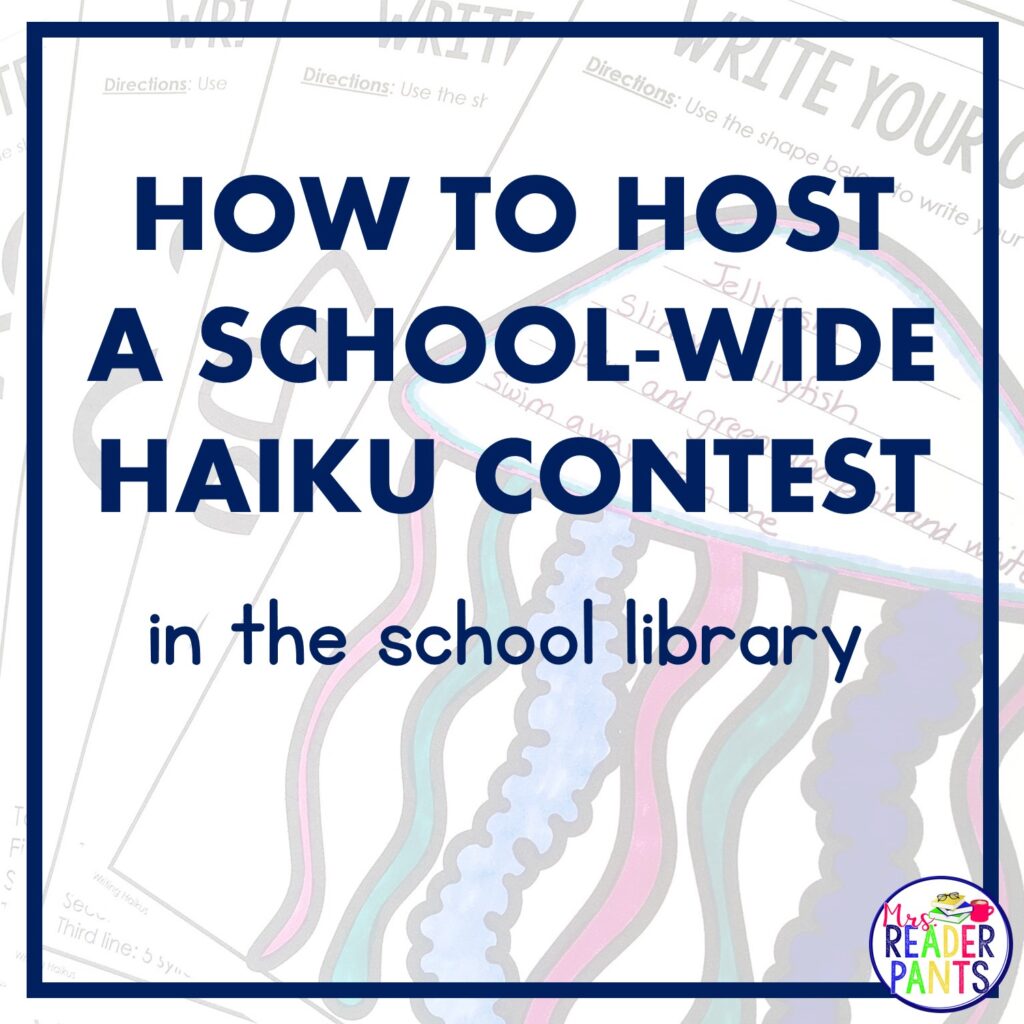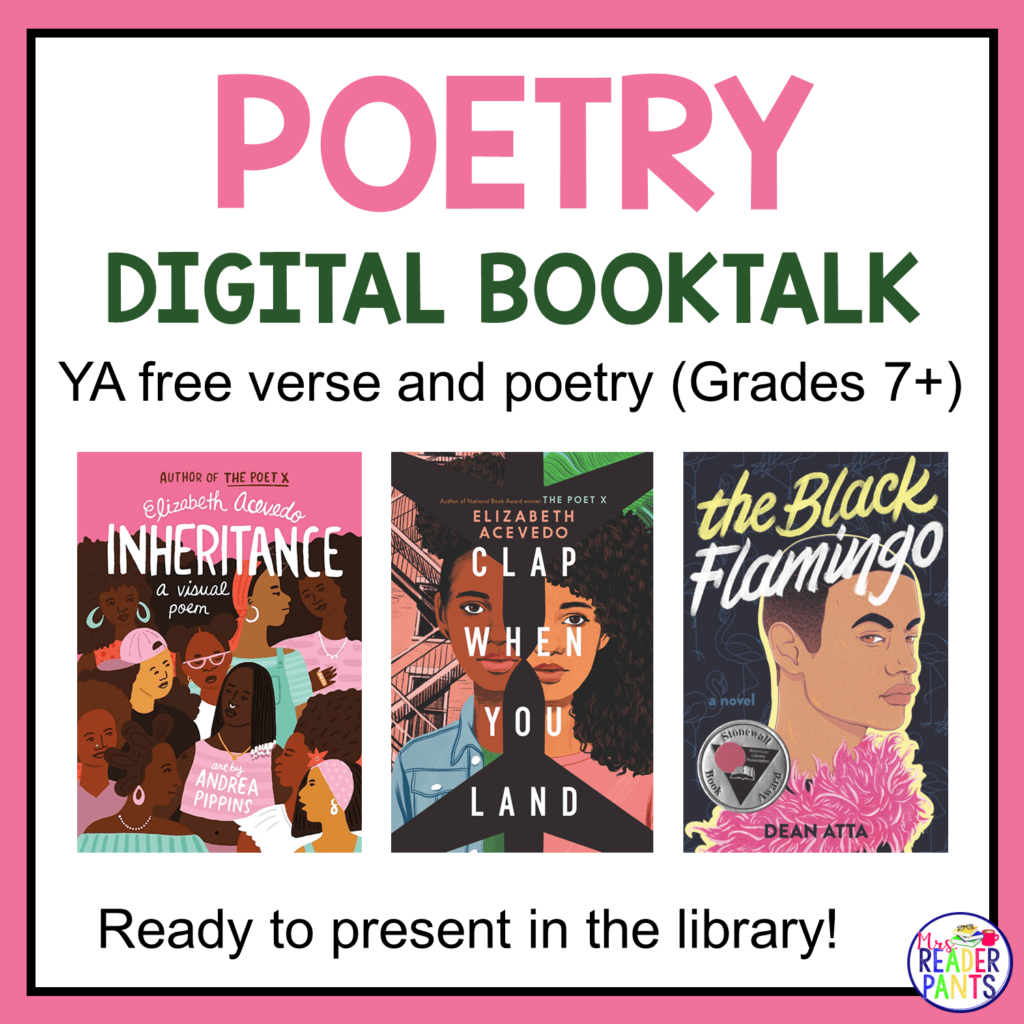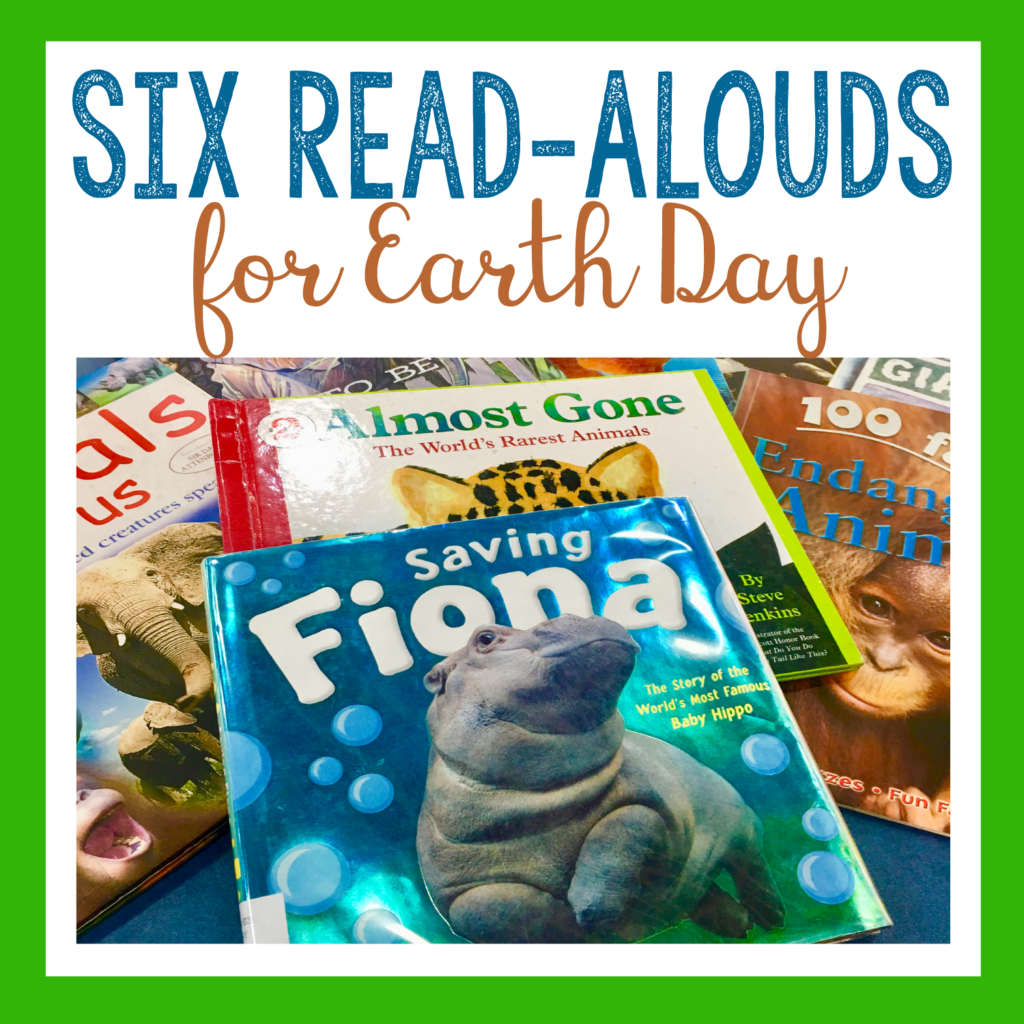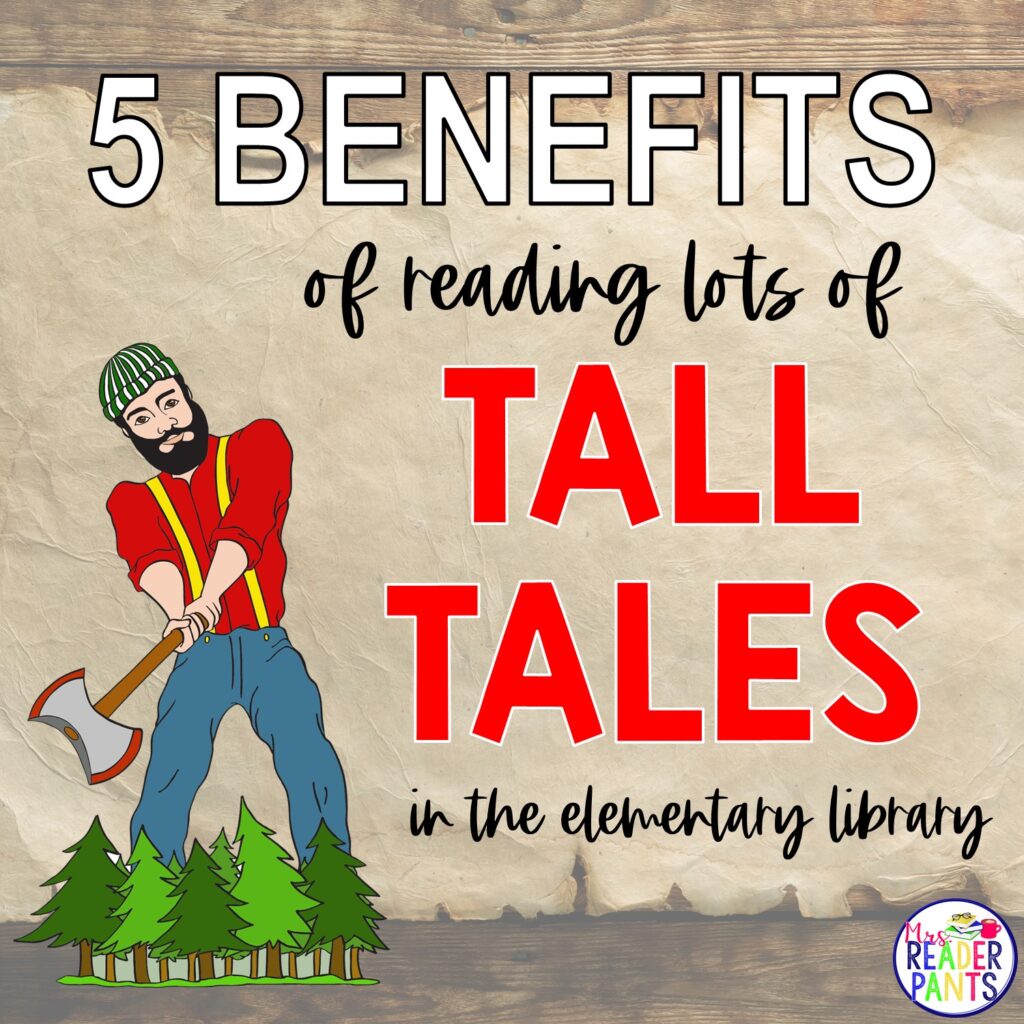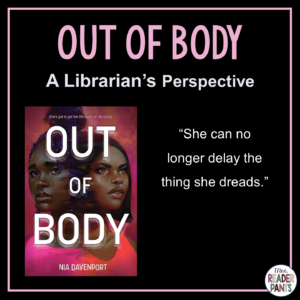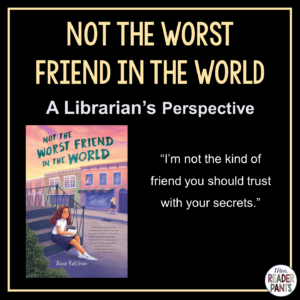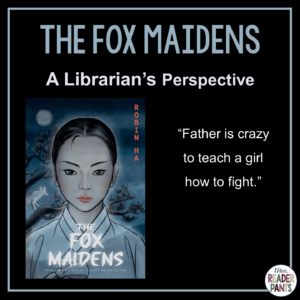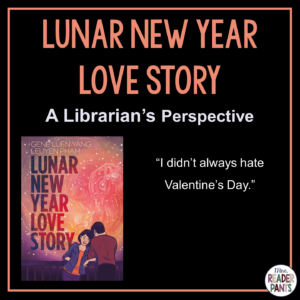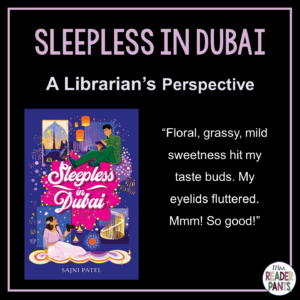You’d Be Home Now by Kathleen Glasgow is my first book review in nearly a year! Since the Pandemic began almost two years ago, I’ve been in a serious reading rut. I start lots of books and audiobooks. I may even get halfway through, but I almost never finish any of them. I am trying to get back on-track in 2022, so I’m starting here…with a new book review.
Keeping my reading rut in mind, I have to tell you how much I loved Kathleen Glasgow’s You’d Be Home Now. I started reading this as an OverDrive sample. It’s a relatively long sample, and I got so into the story that I actually forgot it was a sample! I checked it out on OverDrive and promptly read 56% of the book in one go!
 AUTHOR: Kathleen Glasgow
AUTHOR: Kathleen Glasgow
SERIES: not a series
PUBLISHER: Delacorte Press
PUBLICATION DATE: Sept. 28, 2021
PAGES: 400
GENRE: realistic fiction
SETTING: California?, modern day
GIVE IT TO: high school
SUMMARY OF YOU’D BE HOME NOW
Emory is the good girl. She goes along. She doesn’t rock the boat. She gets good grades and stays out of trouble. She’s spent her life in the shadow of her beautiful and smart older sister and her wild, drug-addicted brother. It’s better if Emory does not set off their controlling, workaholic mother, and it’s not like their absent father is ever around long enough to really talk.
One night, Emory is in a terrible car accident after leaving a party. Emory wakes up in the hospital with a shattered knee. Her brother is now in rehab, having overdosed on heroin in the backseat of the car. The driver, her brother’s friend, went through the windshield and is now scarred for life. And Candy MontClaire? Well, she died at the scene.
How can Emory move on from all this? Her knee is badly-injured, so she’s off the dance team. Her friends have abandoned her. Her brother is in rehab. Her brother’s friend–the driver of the car–is in juvie. And Candy MontClaire–sweet, outgoing Candy MontClaire–is gone forever.
THE SHORT VERSION
Considering my recent inability to “get into” any books the way I used to, I’d say this is a bona-fide success! I sucked it down in two sittings.
WHAT I LIKED ABOUT YOU’D BE HOME NOW
It’s realistic. I believed in the characters, that they could be people who actually exist. Emory’s mother is a real piece of work, but I loved the high school characters. There’s an interesting juxtaposition between the self-reflective teens and the adults, most of whom don’t seem to reflect on much at all.
The generational gap feels all-too-real. The story’s adults mostly seem to be trying their best, but they really do not understand their kids. The high school English teacher calls the students entitled because they want to read about characters they can relate to and that look like them. Not just old stories by white men.
Emory’s mother hides and strictly controls all medications–including medication prescribed to Emory for legitimate knee pain–but sees nothing wrong with taking sleeping pills every night before bed. Her dad drinks a “nightcap” every night after work and secretly smokes cigarettes in the car. Several adults see drug-addicted teens and adults as a drain on society rather than people who need help. There’s plenty of judgement to go around, too.
The lack of mental health services. Clearly, only the ultra-rich (Emory’s family) can truly afford drug rehab and mental health services. Emory’s family is the wealthiest in town, yet Emory’s mother mentions multiple times that Joey’s rehab isn’t fully-covered by insurance. Sadly, she uses this as another way to guilt and control her children.
The social media posts and comments. Throughout the book, there is a mystery person writing posts about high school happenings. These range from snarky observations to party announcements to ruminations on teen problems. Every social media post has comments, and readers will know who some of the comments come from. It’s a unique way to show that Emory and others are not at all alone in their loneliness and how sad and misunderstood they are.
Adults are important to teens. I LOVE this one. There are lots of well-meaning but toxic adults in the story. There are also some empathetic adults. But regardless if they are toxic or helpful, the teens want the adults in their lives to be involved. They want to talk to the adults. They want the adults to be available and listen to them. I am the parent of two teenage boys, and this really made me think about my own listening skills with my boys. Am I guilty of working too much? Of being wrapped up in my own world? Of only halfway listening? Probably so.
WHAT I DIDN’T LIKE ABOUT YOU’D BE HOME NOW
I loved the whole book. Authentic characters, a fast-moving plot, engaging writing. What’s not to love?
Okay, I’ve got one thing: I was curious about Candy’s state of mind before they left the party. Candy said she had a headache and wanted to leave the party. Emory describes Candy as “tearstained and with a ripped blouse.” Was she assaulted that night? It sure sounds like it. Sadly, we never find out any details of what happened or who might have done it.
DIVERSITY
Main characters are white, and it seems the high school is also mostly white kids and teachers. Emory’s family is very wealthy, but there are plenty of people in the same town who struggle financially. A secondary character named Tasha cues as Black or mixed-race.
ARTWORK / ILLUSTRATIONS
No internal illustrations. The cover is a simple green with white pills. Having recently read Shusterman’s Roxy and Beth Macy’s Dopesick, the pills on the cover is what attracted me to the book.
LIBRARIANS WILL WANT TO KNOW
Themes: drugs, depression, mental health, loneliness, socioeconomic inequality, self-absorbed adults
Would adults like this book? YES–I think this is a must-read for parents of teens.
Would I buy this for my high school library? YES
Would I buy this for my middle school library? Maybe–Themes are mature, but sex scenes are not described and profanity is minimal. I think this is fine for most 8th graders.
MATURE CONTENT
Language: There is some language, including a handful of F-bombs and sh**. It is not gratuitous.
Sexuality: Emory secretly hooks up with her neighbor (a boy her age). There is no sex, but there is touching and naked photos. Nothing is described in detail.
Violence: Descriptions of the car accident are bloody; a couple of physical fights between teens
Drugs/Alcohol: Lots–The whole theme is Joey’s addiction, rehab, and struggles to stay clean after rehab. Emory’s mom uses sleeping pills every night. Another set of parents used to get high in their car and have been missing for years. Emory takes pain pills for her knee, but her mother tightly regulates them (to the point that Emory suffers knee pain more than necessary).
Other: previous suicide of a classmate, parental neglect and abuse

